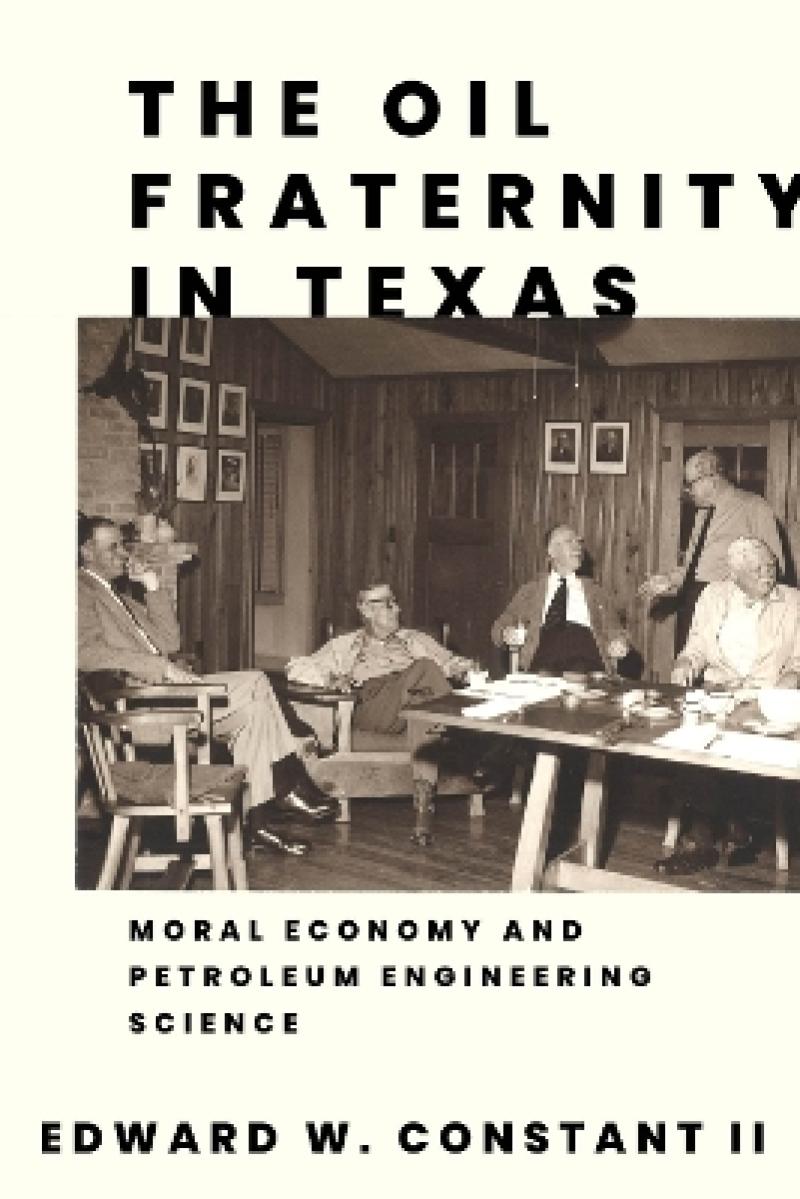Despite their self-proclaimed reputation as the "greatest gamblers" and the fiercest of free-enterprise capitalists, Edward W. Constant II argues that oilmen in Texas quickly evolved a closely-knit fraternity defined by an altruistic, cooperative moral economy. Yet what oilmen did, what they owned, how they used it, and how they thought about it was transmuted in practice and transformed in law by the emergence of an increasingly sophisticated and robust petroleum engineering science.Although savage in their criticism of and opposition to any form of "regulation" or government meddling, since the early 1930s the oil fraternity has thrived and prospered mightily in one of the most highly regulated businesses in the United States. But this regulation, by the Railroad Commission of Texas (itself part and parcel of the oil fraternity), was fraternal self-regulation: however fraught, it was both science-based and protective of the oil fraternity and its moral economy.This book explores the origin, character, and path-dependent coevolution of these seemingly paradoxical features and offers an alternative--moral economy--to orthodox, purely egoistic-incentive based accounts of economic behavior.
Les mer
Despite their reputation as the ‘greatest gamblers’ and the fiercest of free-enterprise capitalists, Edward Constant II argues that we’re telling the story of the Texas oil fraternity - his term for the cohort - incorrectly. In fact, this group is defined by a moral economy that sustains remarkable altruistic cooperation among them.
Les mer
Produktdetaljer
ISBN
9781682832202
Publisert
2024-08-31
Utgiver
Vendor
Texas Tech Press,U.S.
Høyde
229 mm
Bredde
152 mm
Aldersnivå
P, 06
Språk
Product language
Engelsk
Format
Product format
Heftet
Antall sider
320
